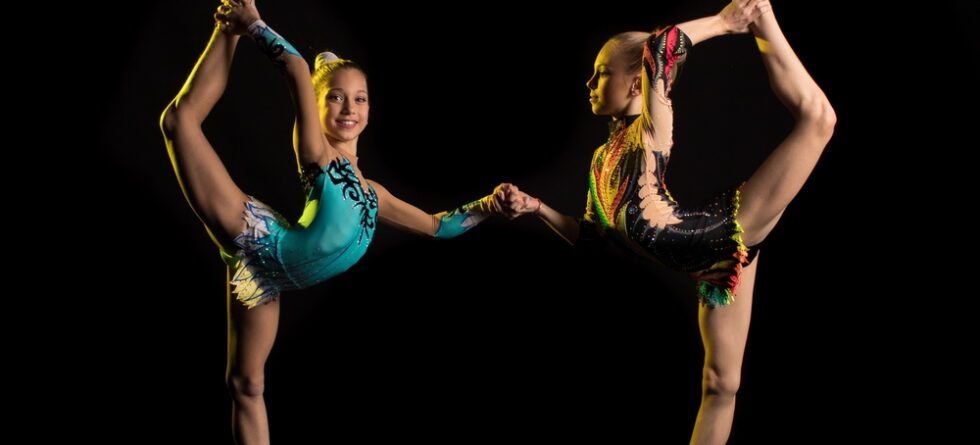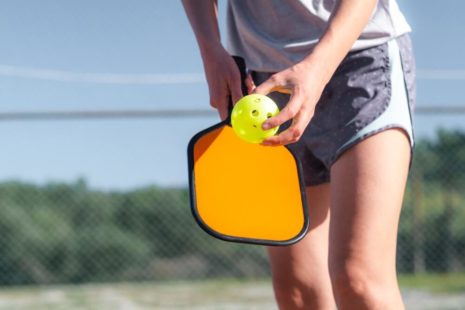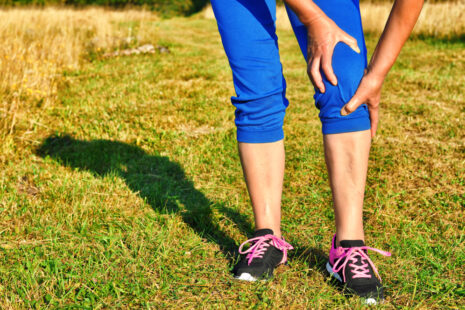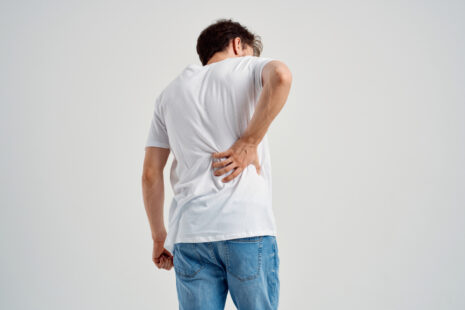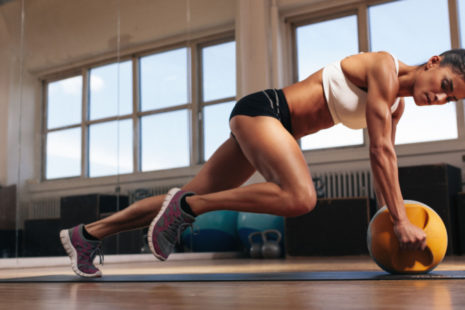Gymnastics, like many forms of physical exercise, can have a variety of effects on the body, including potential impacts on hormone levels. The relationship between gymnastics and testosterone levels is not straightforward and can vary based on several factors including the intensity and duration of the exercise, the athlete’s age, gender, and overall physical condition.
Understanding Testosterone
Testosterone is a key hormone in the body, playing a crucial role in muscle growth, bone density, and the development of male physical characteristics. Both men and women produce testosterone, but men do so in much higher quantities.
Impact of Exercise on Testosterone
- Short-term Effects – Intense physical activity, including gymnastics, can temporarily increase testosterone levels immediately following exercise. This increase is often short-lived and can vary widely among individuals.
- Long-term Effects – Regular, moderate exercise can contribute to healthier baseline levels of testosterone over time. Excessive physical stress and overtraining, without adequate rest, can lead to decreased testosterone levels, potentially impacting muscle recovery and growth.
Gymnastics and Hormonal Response
- Type of Exercise – Gymnastics involves a combination of strength, flexibility, and endurance training. Strength training components, particularly, are associated with increases in testosterone production.
- Intensity and Duration – The intensity and duration of training sessions can influence hormonal responses. High-intensity training can lead to temporary spikes in testosterone, whereas prolonged, exhaustive training without sufficient recovery can suppress testosterone levels.
- Age and Gender Factors – Age and gender significantly influence hormonal responses to exercise. Young males may experience more significant increases in testosterone from intense physical activity compared to older males or females.
Considerations
- Balanced Training – For optimal hormonal health and performance, it’s critical to balance intense training with adequate rest and recovery periods. Overtraining can lead to hormonal imbalances, including reduced testosterone levels.
- Nutrition – Adequate nutrition, including sufficient protein, healthy fats, and carbohydrates, supports testosterone production and overall hormonal balance.
- Sleep – Quality sleep is crucial for testosterone production. Poor sleep can significantly lower testosterone levels, affecting muscle growth and recovery.
While gymnastics and similar forms of exercise can influence testosterone levels, the effect is dependent on a variety of factors including the type, intensity, and duration of exercise, as well as individual characteristics such as age and gender. Balanced training, proper nutrition, and adequate rest are vital to maintaining healthy testosterone levels and achieving the best results from gymnastic training or any other exercise regimen.
